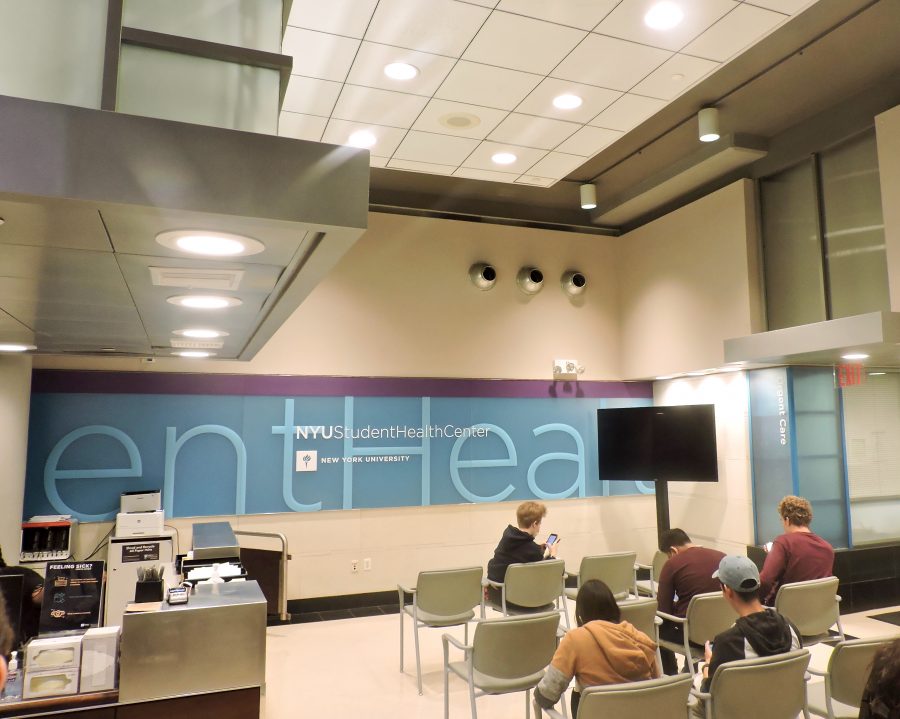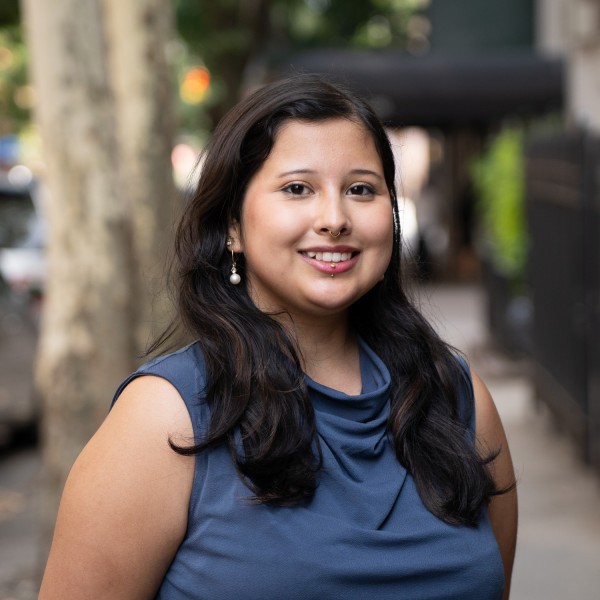Abortions fully covered by NYU insurance starting this fall
NYU also plans to offer medicated abortion at its Student Health Center, and will stock emergency contraception at vending machines on campus.
(Nina Schifano for WSN)
March 31, 2023
All abortions will be fully covered for NYU students using a university-sponsored health insurance plan starting fall 2023, as the insurance policy now covers both elective and medically necessary abortions. NYU’s Student Health Center is also pursuing official certification so that it can dispense mifepristone, an abortion medication commonly used for terminating pregnancy through the 10-week mark.
Wellfleet, the university’s insurance provider, currently only covers medically necessary abortions in full. Elective abortions require a 20% co-payment, even when they are considered “in-network.” Starting next year, abortions for any reason will be fully covered when they are “in-network,” according to John Beckman, an NYU spokesperson.
“The university takes the issues of women’s health, reproductive health, and access to abortion services very seriously,” Beckman wrote in a statement. “Beginning with next year’s plan, neither type of procedure will any longer involve an out-of-pocket co-pay for a student treated by an in-network provider.”
In addition to improving its abortion coverage, the Student Health Center pharmacy will also begin dispensing mifepristone after it gains certification from the Food and Drug Administration. The move is only possible due to an FDA decision made in January that allowed retail pharmacies to begin carrying the drug.
The university is also working to make Plan B, an emergency contraceptive, available in vending machines on campus, according to Beckman.
The university policy changes come after months of student organization around reproductive rights. In October, 70 students walked out of classes to protest for abortion rights, including fully covered abortions through Wellfleet. In late February, NYU’s chapter of the Young Democratic Socialists of America published a letter to president-designate Linda Mills in WSN, calling for NYU to provide abortion “without question, cost or delay.”
Despite supporting the university’s expanded coverage, a representative for the NYU YDSA said that NYU has not done enough to ensure that all students have access to abortions, and pressured the university to do more for students who are not on NYU’s insurance plans.
“While we’re glad NYU’s insurance is taking a step toward recognizing that one has a right to abortion as healthcare regardless of their reason for the service, we won’t take half measures,” Lauren Muñoz, the NYU YDSA representative, said. “We’re still urging that NYU fully cover abortions for all students, regardless of insurance status. NYU has shown they can take action and change their policies if and when they want to, but they continually choose to neglect their student body, especially poor students and students of color.”
NYU’s student government, which also pushed for NYU to expand reproductive care on campus, has previously discussed using a new $1 million budget expansion to improve access to abortion pills. At a student government forum in February, students voiced agreement with the plan, urging NYU to “meet student needs” by providing expanded abortion care.
Aarna Dixit, who serves as the alternate senator at-large representing women and mental health on the student government, praised the university’s decision, and added that measures to expand on-campus abortion access can help take pressure off of local clinics, which she described as “overworked, overwhelmed and under-resourced.”
“As NYU prides itself on its diversity and equity, it is imperative that NYU administration take the required step to implement equitable reproductive and abortion healthcare access on campus,” Dixit said. “Having the abortion pill on campus would alleviate barriers to access. In a post-Roe landscape, it is essential for higher education institutions to expand reproductive health care.”
Update (March 31): This story was updated to include comment from a representative for the NYU YDSA.
Contact Tori Morales at [email protected].


























































































































































Jennifer Mills • Mar 31, 2023 at 3:22 pm
Thank you.